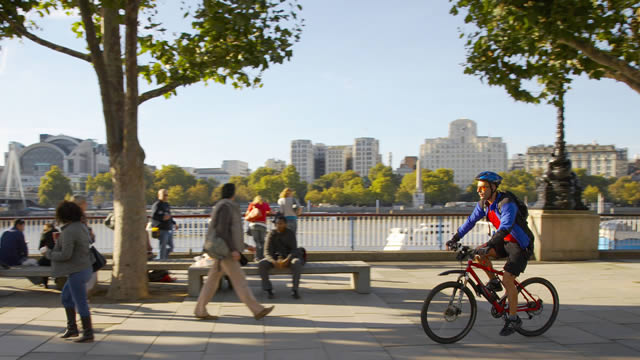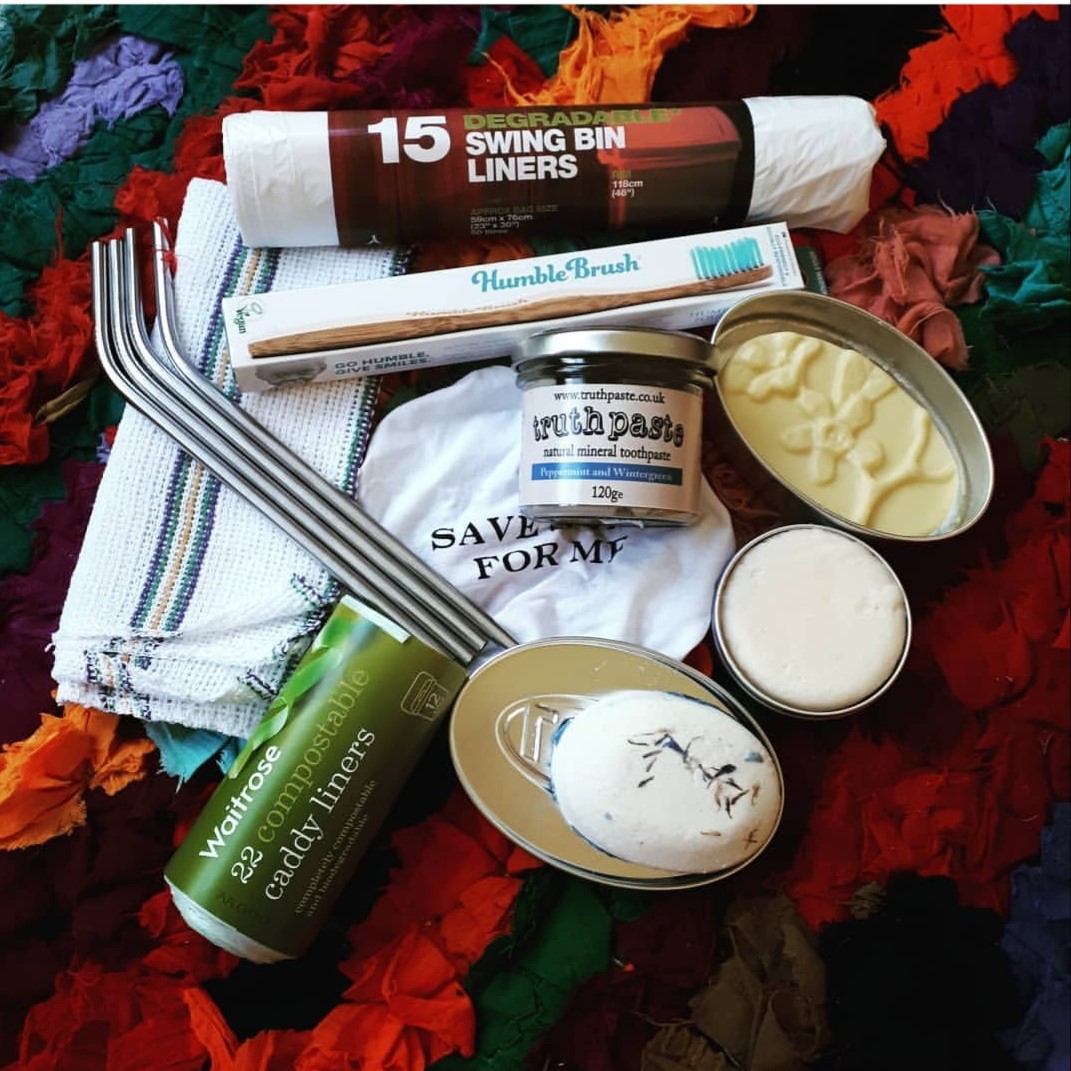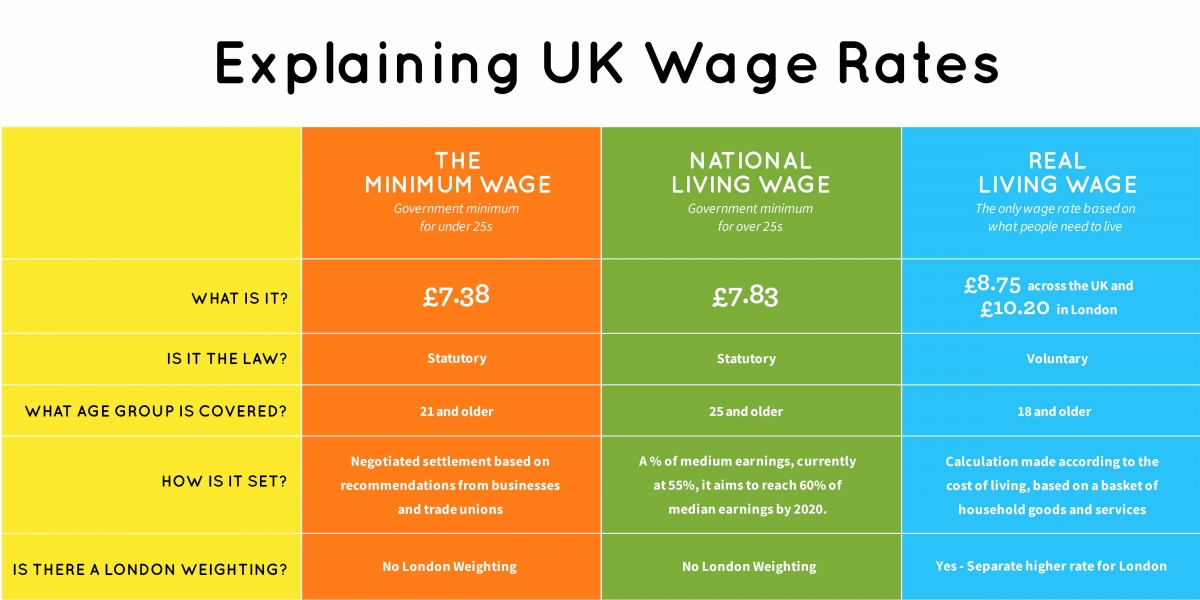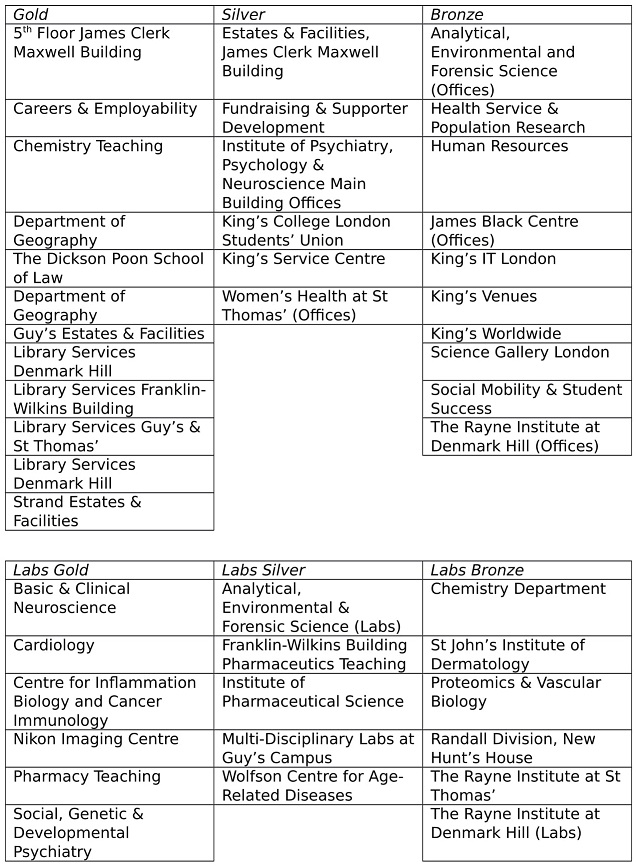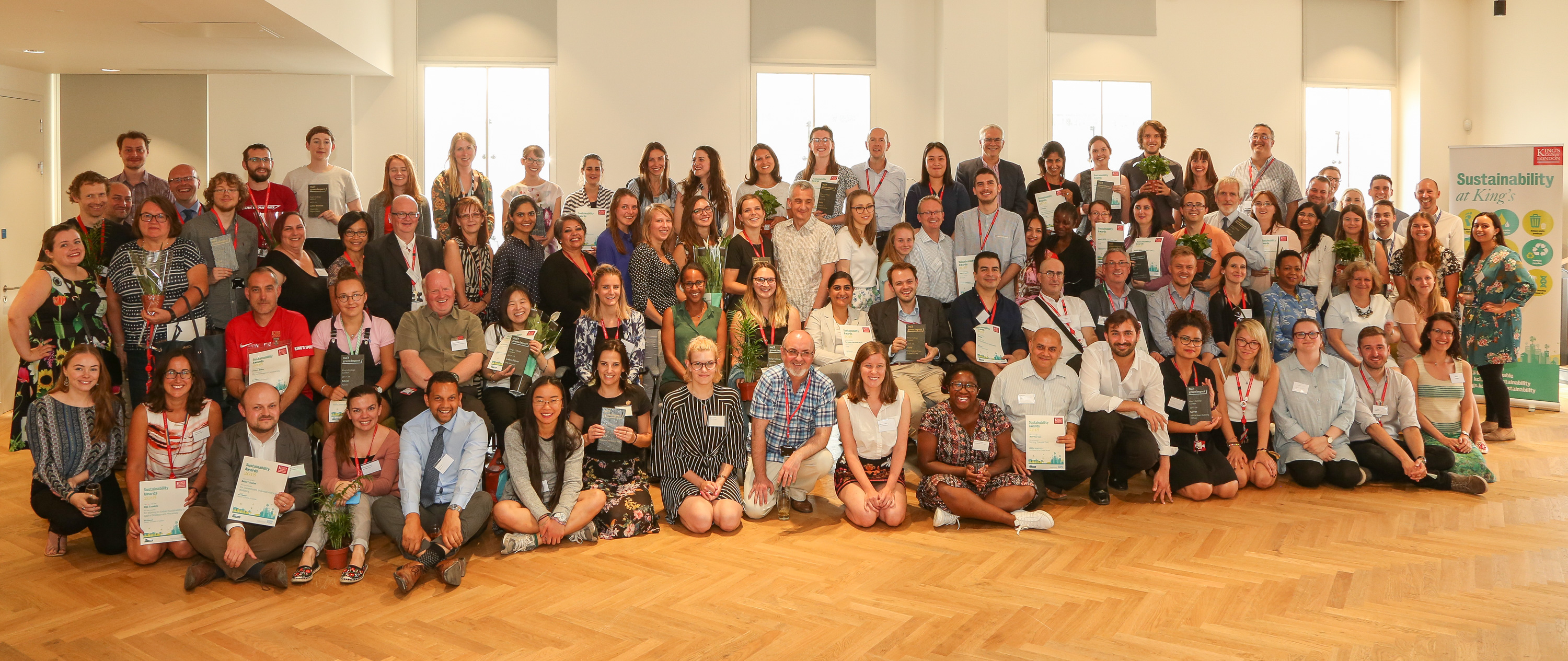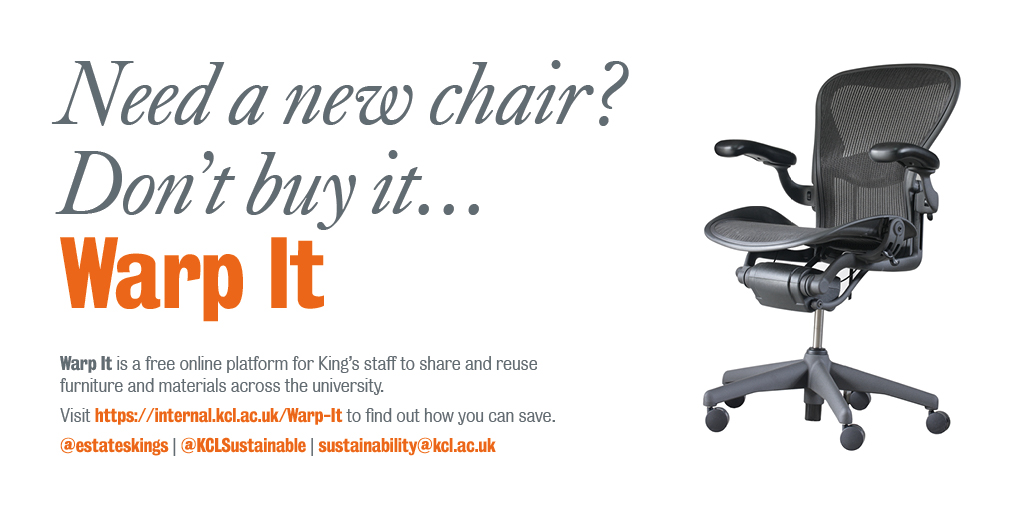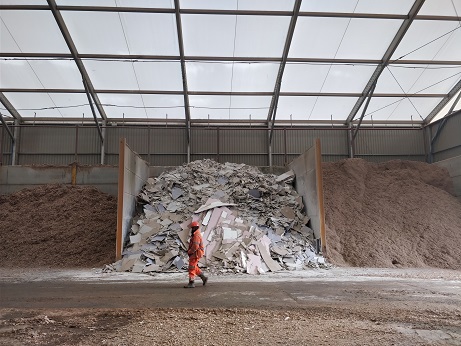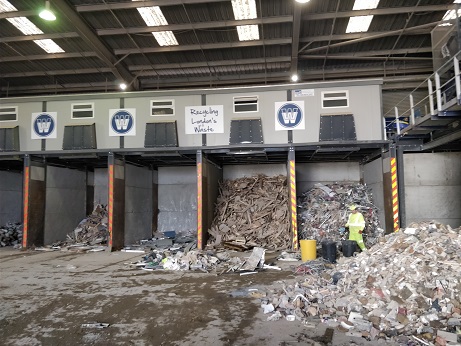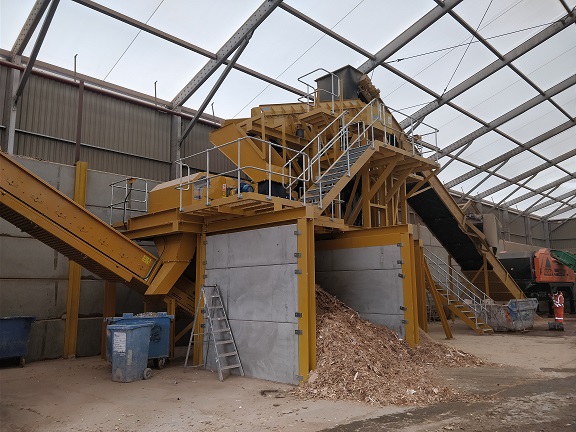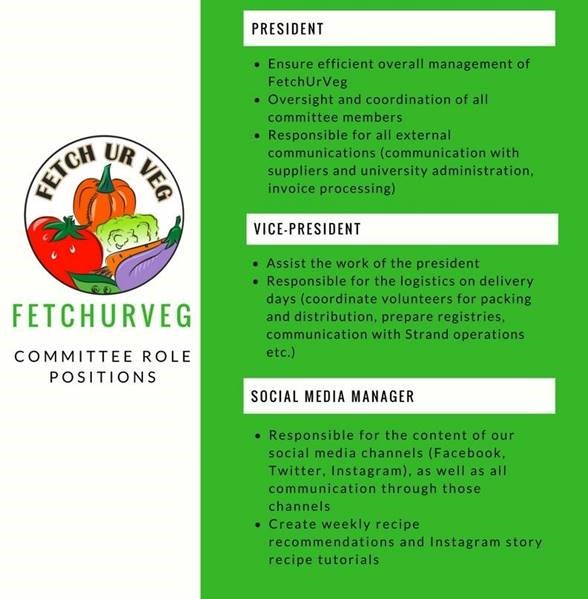Wednesday 15 August is Cycle to Work Day, an annual celebration of cycling. The aim is to get people to cycle to work for at least one day, and encourage people who might not have cycled before to see how brilliant it can be. Pledge to cycle to work and win prizes!
To help you on Cycle to Work day we’ve put together some helpful hints and tips:
Before you ride
Plan your route: You can download brilliant apps like CycleStreets, which have been specially designed to plan the best routes for cyclists. You can choose your route based on whether you want quick, balanced or quieter routes, and they will even tell you how much CO2 you’ve avoided. Beware of using Google Maps, it can often give you the quickest routes, but might also send you down a busy motorway!
Take a class: Your local council will normally organise free cycling skills classes from beginner skills to practising out on the road and even cycling at night.
Track your ride: There are a multitude of apps you can use to track your ride from Strava and MapMyRide which can tell you everything from how many calories you’ve burnt, to how you compare to fellow cyclists in your area. Remember to link your fitness app to King’s Move to get rewards whenever you exercise.
Have the proper gear: Make sure you are wearing a helmet and protective clothing. Have lights on the front and back of your bike, especially when cycling at night and in winter.
On the road
Follow the rules of the road – don’t be tempted to run red lights, even if there is no one there.
Keep your eyes and ear open – Look to your left and right whenever you turn. Don’t wear headphones, hearing is crucial when you’re cycling.
If there isn’t a bike lane, stick to the middle of the road – don’t be afraid to make yourself big on the road, it’s much more dangerous to be cycling in the gutter.
Be careful on turns – never undertake, especially on turns. Large vehicles won’t be able to see you.
Once you’ve arrived
Park your bike securely: Check online to see where you can park your bike at King’s.
Need a shower? King’s has shower facilities at all our campuses.
Sophia Courtney, Sustainability Projects Assistant


